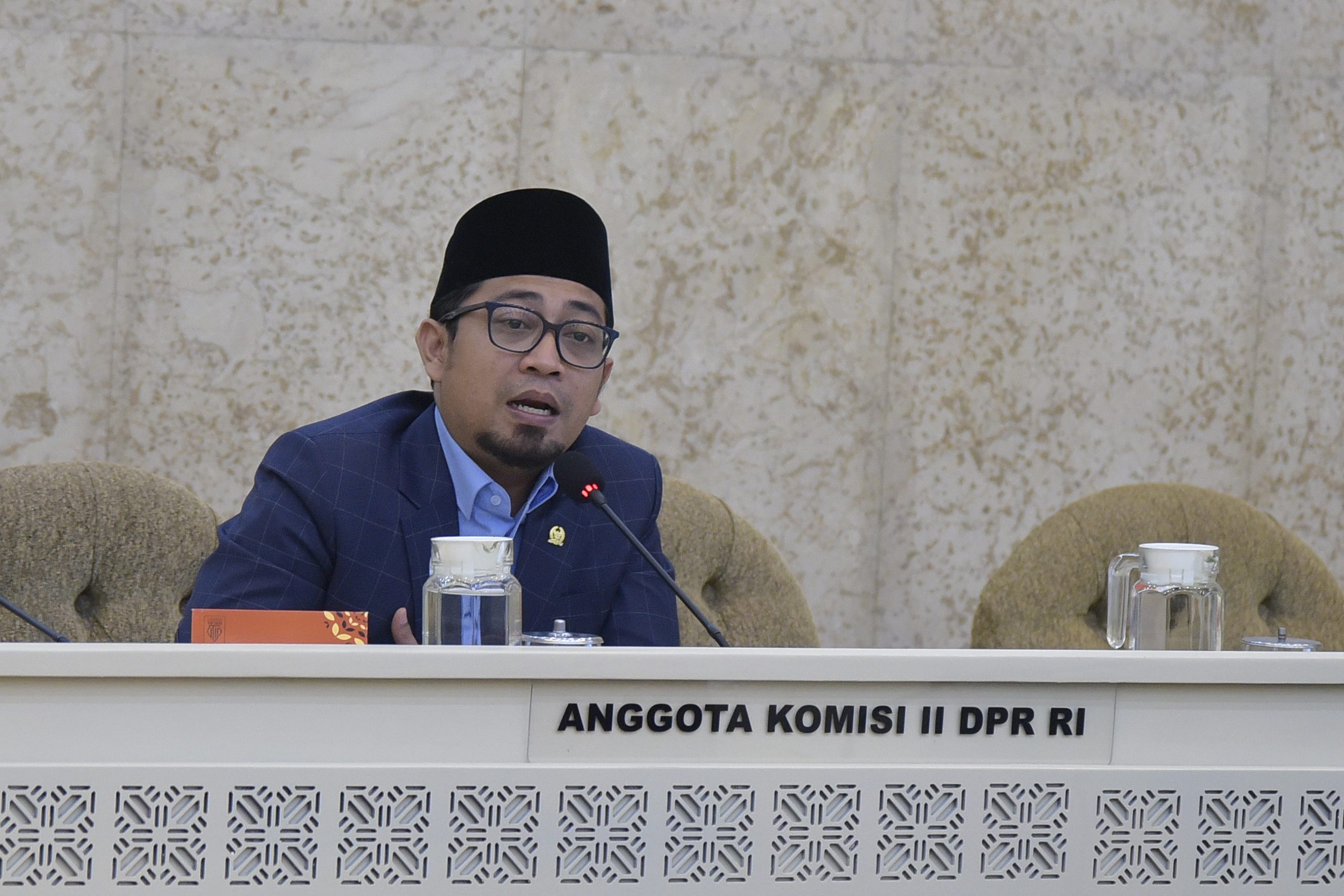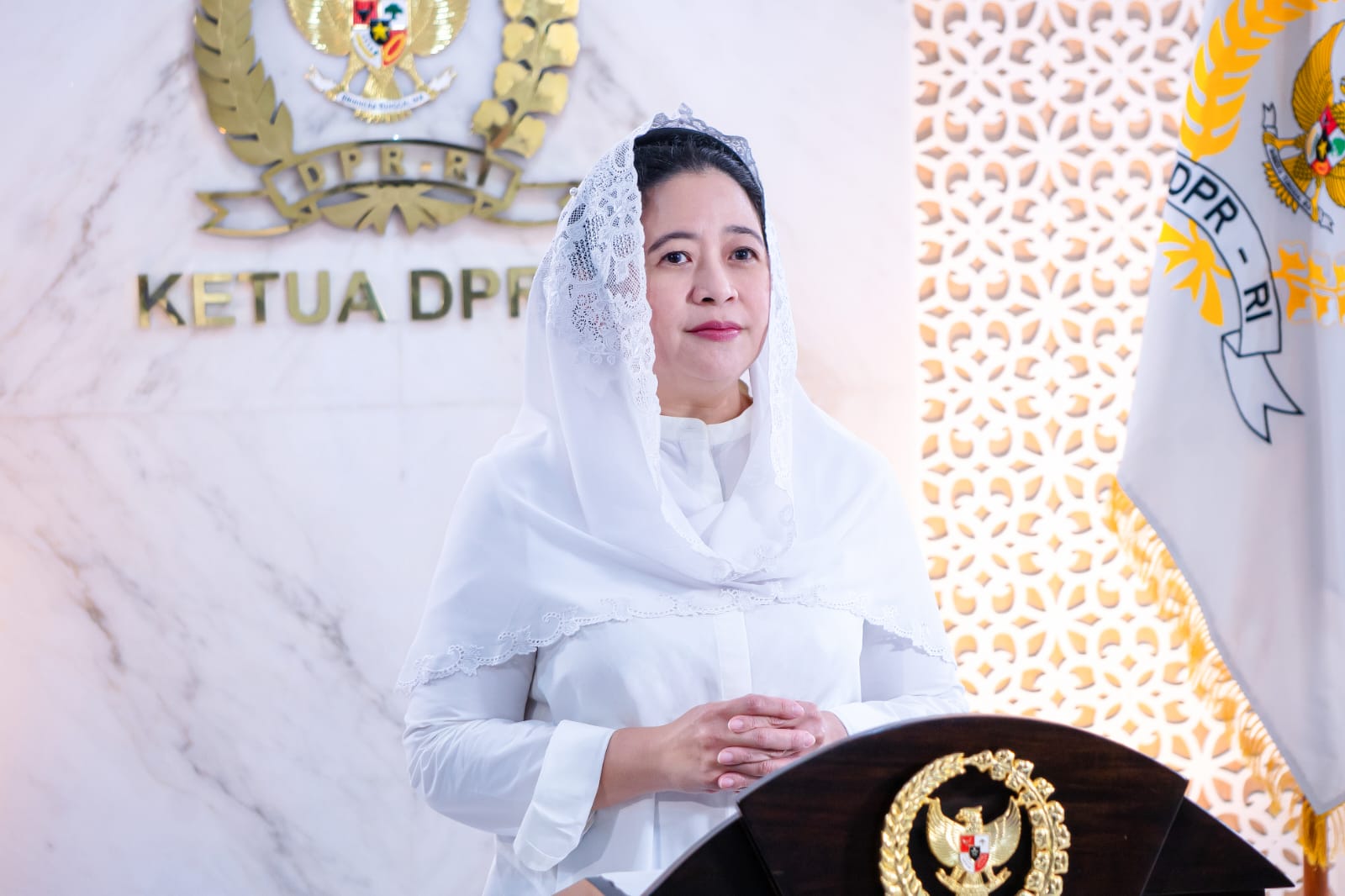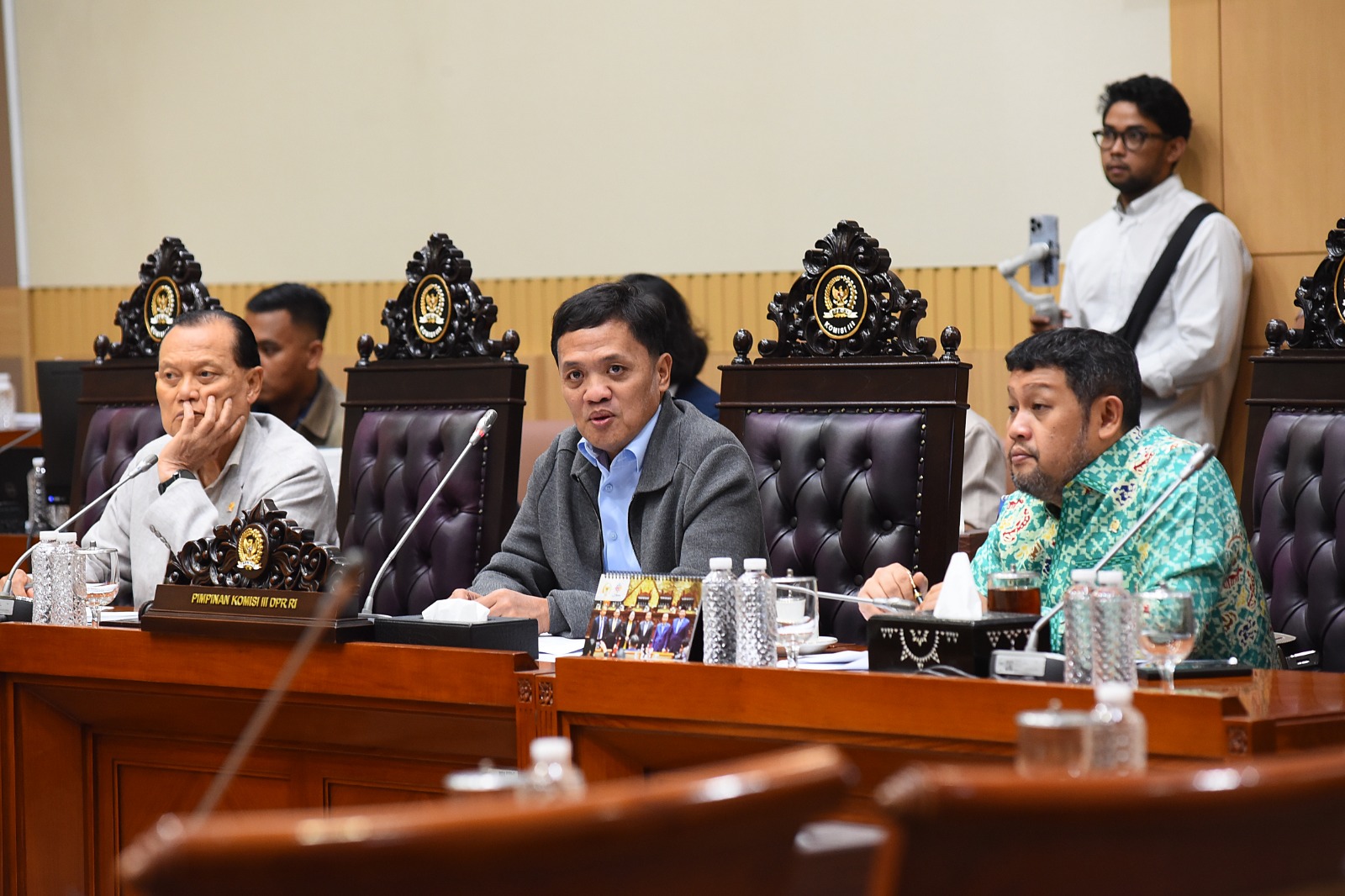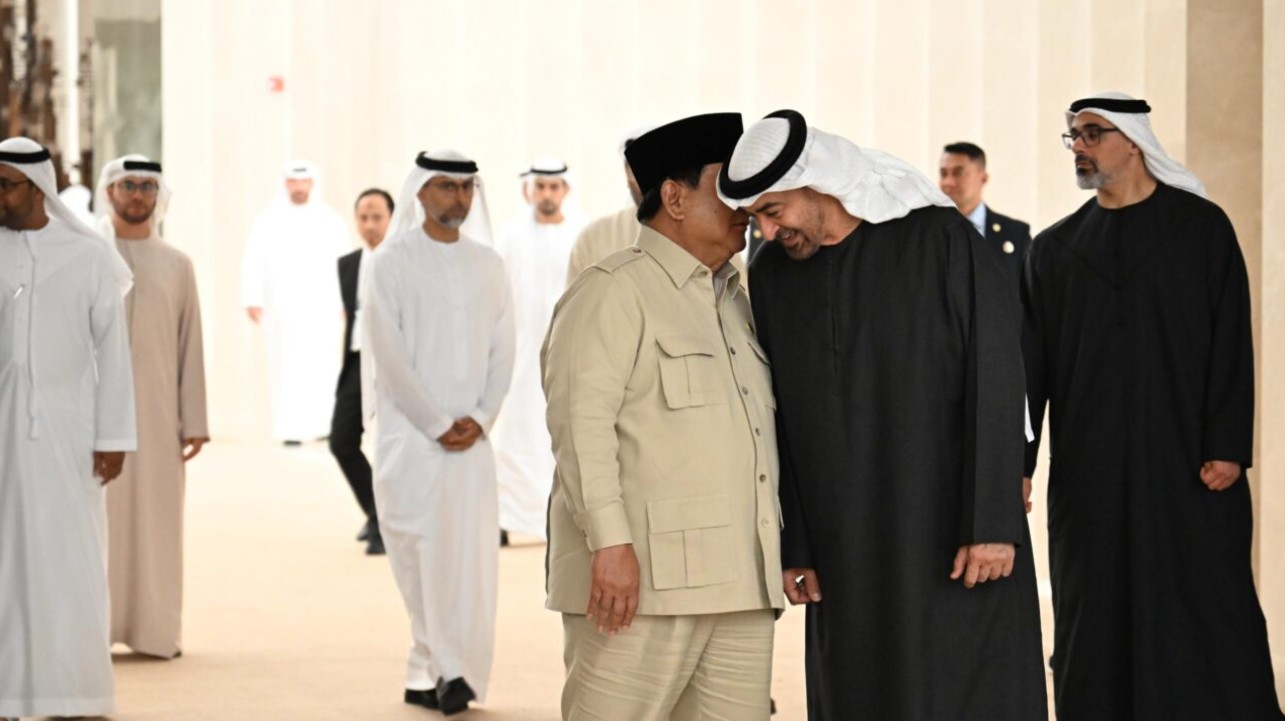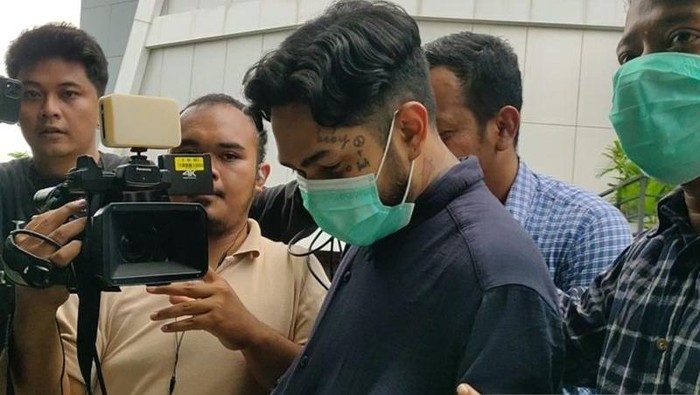
POLITICS in Indonesia resembles a theater brimming with intrigue and maneuvering, where main actors are often trapped within scripts crafted by invisible powers. Anies Baswedan, once a star on the stage as Jakarta’s Governor, now finds himself at a crossroads. As the political system distances itself from justice, those who defy it often become victims of greater forces. Nelson Mandela once said, “When a man is denied the right to live the life he believes in, he has no choice but to become an outlaw.” While not an outlaw in the literal sense, Anies seems to be treading the periphery of a political system that marginalizes him. In Indonesia’s political narrative, he resembles a character in Shakespeare’s *Hamlet*, caught between corrupt power and his resolve not to engage in the same deceit.
If Anies has truly been blocked in two major political contests—the presidential race and Jakarta’s gubernatorial election—the repercussions may extend beyond mere personal defeat. He risks becoming what Machiavelli called “the prince who is not destined to rule”—a leader embraced by his people but hindered by shadowy forces behind the scenes. Ironically, such an obstruction may not dim his political career; rather, it may amplify his stature in the public imagination. In various polls on Jakarta’s gubernatorial race, Anies remains a top choice. He is seen as the most desired candidate to lead the city again.
But as invisible political forces exclude him, an irony arises: in Jakarta’s election, other candidates scramble to exude his charisma, attempting to portray themselves as embodying Anies’ spirit. A comical move, yet a testament to the substantial legacy Anies has imprinted on Jakarta’s political stage.
This scenario reminds us of charismatic figures in history who have left an enduring shadow, even when denied an official platform. In France, there is Jean-Luc Mélenchon, a leftist politician who, despite repeated presidential defeats, remains a potent symbol of opposition against the establishment. His losses have not hindered his movement but have instead solidified his image as a champion of those oppressed by an unjust system. Similarly, Anies’ blocked path may reinforce his charisma, leading his rivals to vie for the title of “the next Anies.”
A closer analogy would be Megawati Soekarnoputri. During the New Order era, she was politically oppressed, silenced, and stripped of her rights by the ruling regime. However, this very suppression elevated her. She transformed from the daughter of Indonesia’s first President into a symbol of resistance against authoritarianism. The public, frustrated with the regime, began to identify with Megawati, viewing her as a victim of political injustice. Ironically, this suppression fueled her post-reform political ascent.
Anies may share a fate similar to Megawati’s, who, although distanced from power during the New Order, gained moral support from the people. In politics, oppression often leads to greater resurgence—a paradox that history frequently repeats.
Indonesia’s political history indeed shows how figures who never ascended to the highest office still live on in the collective imagination. Take Bung Hatta, for instance, who never became president yet remains respected as a great thinker whose ethics and integrity kept him at arm’s length from the heart of power. Anies may be on a similar path: thwarted by the machinations of practical politics but preserved in a larger narrative—a narrative of defiance against corrupt authority.
But which path will Anies choose? Will he adapt, as Machiavelli advised: “One who adapts his policy to the times will prosper, and likewise, one who does not will fail”? In a shifting political landscape, adaptation is vital for those wishing to remain relevant. If Anies chooses to persevere, he must contend with the reality of a political stage far from clean. After all, he has entered an arena where the rules of the game aren’t always fair.
In the United States, we see how Al Gore, although deprived of the presidency by a Supreme Court ruling in favor of George W. Bush, found a new platform after his loss. Instead of wallowing in defeat, Gore became a global icon for environmental issues. He found a fresh purpose beyond formal politics. Perhaps Anies, too, will chart his own course—not just as a politician but as a symbol advocating for issues such as education, pluralism, or bureaucratic reform, causes he has long championed.
In politics, defeat is rarely the end. Many great leaders find new paths through their losses. Winston Churchill, for instance, lost an election after World War II, despite being hailed as a hero, only to return to the political stage a few years later. For those who view it through a historical lens, defeat is just another chapter in the long game of power.
Like a ship caught amid a storm, Anies Baswedan now stands among forces far greater than himself. Perhaps he may never reach the harbor he hoped for. Perhaps he will continue to be blocked, pushed away from the political stage. But one force remains beyond anyone’s reach: the ideas and hopes he carries. As Victor Hugo once wrote, “No army can stop an idea whose time has come.”
Here, Anies’ influence cannot be stifled. It moves behind the scenes, shaping discourse, and perhaps, one day, history will favor him. Or as Antonio Gramsci said, “The old world is dying, and the new world struggles to be born: now is the time of monsters.” Perhaps Anies Baswedan is a figure amid this complex transition, where the old order refuses to make way for new aspirations.
In his political journey, Anies may face a choice between upholding principles or adapting to the unyielding dynamics of a system that often disregards compromise. Will he bridge the gap between hope and reality, or will he find himself lost between the two? Only time will tell, as we ponder whether Anies is truly a beacon of change or just another familiar face reincarnated within Indonesia’s political legacy.
Jakarta, October 14, 2024
Dikdik Sadikin, Master of Public Administration from Gadjah Mada University, Yogyakarta.
 Info Detak.co | Rabu, 05 November 2025
Info Detak.co | Rabu, 05 November 2025 


